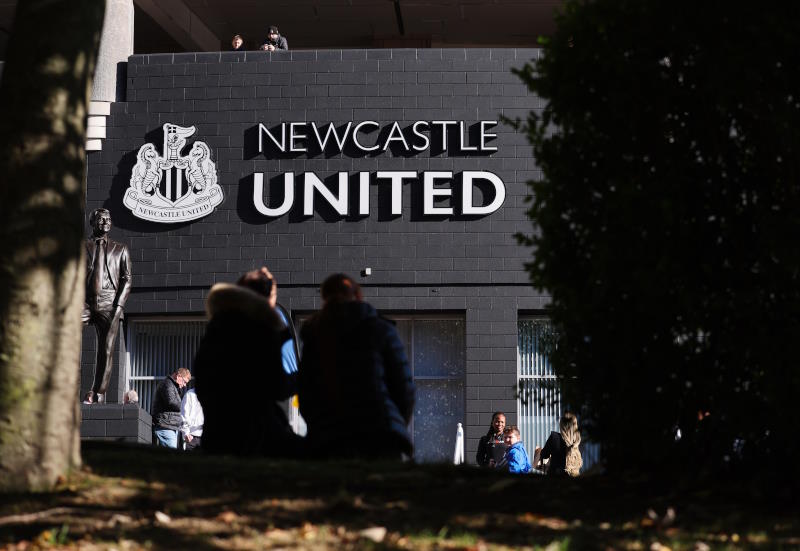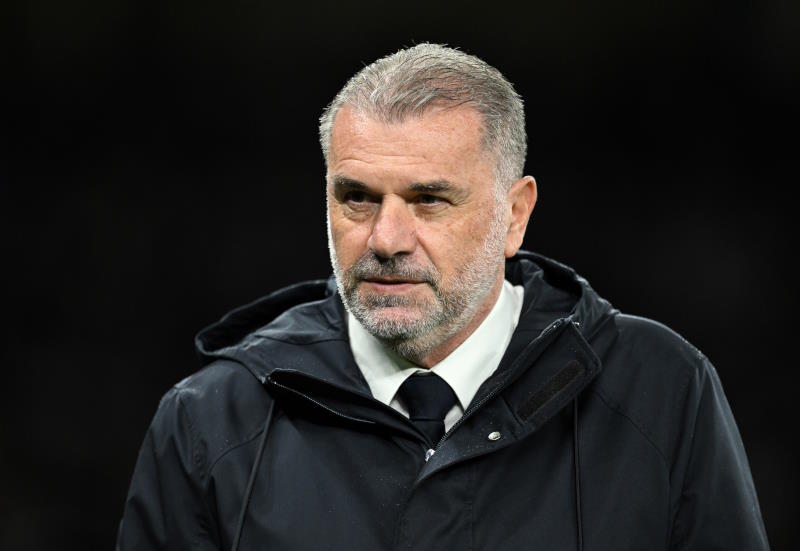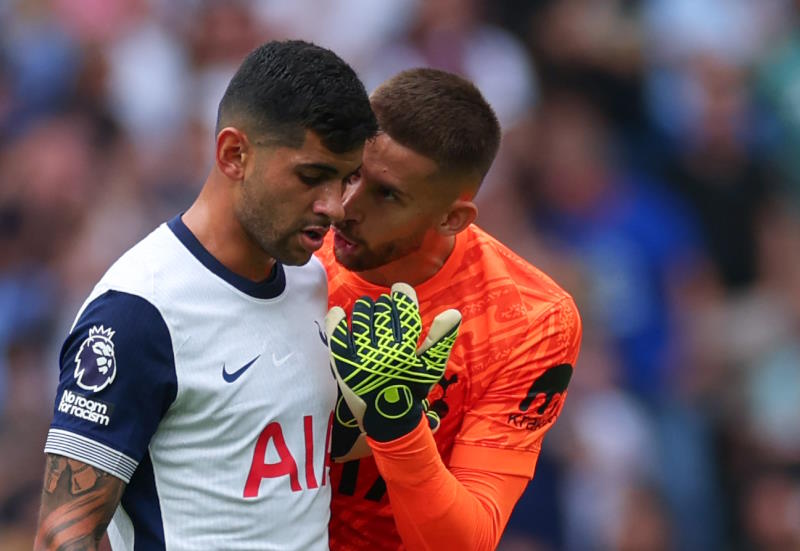
On a scale of difficulty, raising the profile of football in the United States must rank on a par with managing a highly-rated team amid a different culture and language. So for Bob Bradley, the former US national team boss, taking over as Egypt manager should not be as overwhelming as it might seem.
The 53-year-old, who was also linked with the Aston Villa job earlier in the year, has been presented with both a challenge and an opportunity. On the one hand, though Egypt have established a proud international record, with three consecutive African Cup of Nations (ACN) triumphs sending expectations through the roof, the golden era is in danger of fizzling out as senior players opt for retirement and results dip alarmingly.
Bradley has been identified as the man to stop the rot and he enters a dressing room that is still recovering from the shock of failing to qualify for the 2012 ACN, which is an indication of how this mighty squad has fallen. Restoring confidence will be no easy feat.
Then throw in the cultural and linguistic difficulties for an American working in the Middle East along with the political instability that has rocked the country – clearly, Bradley will take time to get his bearings and adjust. In that sense, it is no bad thing that Egypt missed the boat for next year’s ACN in Gabon and Equatorial Guinea. Bradley will have close to nine months to survey the options at his disposal before the journey towards the 2014 World Cup begins.
But amid all the obstacles lies a huge opportunity. This appointment is a huge boost for the profile of the sport in the US and speaks volumes for the progress Bradley made in his four and a half years at the helm. Given that the sport is so often competing against basketball, baseball and the NFL, the headlines are not exactly plentiful and Bradley’s achievements have somewhat gone under the radar.
From victory over Mexico in the Gold Cup final in 2007 and success in CONCACAF qualifiers to a second place finish in the 2009 Confederations Cup – beating Spain along the way – Bradley had a huge impact as US boss. The Americans also produced a creditable showing at the World Cup in South Africa last summer, drawing 1-1 with England in the group stage and reaching the last 16 before bowing out to Ghana. Bradley’s final act was to guide the US to another Gold Cup final this summer, which ended in a loss to Mexico.
Previous examples of American coaches entrusted with managerial roles for other nations are thin on the ground – there are just a handful of other instances and one of those was back in 1930. So if Bradley can surpass expectations in the Egypt job, doors will open for other US coaches. If nothing else, it is a reminder that the rest of the football world has been paying close attention to the Americans’ improvements.
Bradley has penned in ambitious goals for Egypt, targeting qualification for the World Cup for the first time in 20 years, and is saying all the right things. “I’m very happy and proud to coach Egypt, which boasts many talented players,” Bradley explained after taking the job – and he has already found time to familiarise himself with the Egyptian Premier League.
The whole situation is an interesting one to keep an eye on over the next few years, given all the factors and challenges in play. Supporters will need to be patient with their new manager, but the feeling is that the past few months have been so disastrous for Egyptian football that Bradley’s nationality is unlikely to be viewed as an issue. If he can spark a revival and lift the mood, the fans will get behind him.
Bradley has proved his credentials as a good organiser and tactician over and over again. Now he enters a job where the pressure will be cranked up another notch, with results – good or bad – dominating the headlines. Egypt have shown their dominance within Africa, but the next step is obviously taking their talents onto the world stage. That chance comes in Brazil in 2014 – and Bradley might just be the man to take them there.












